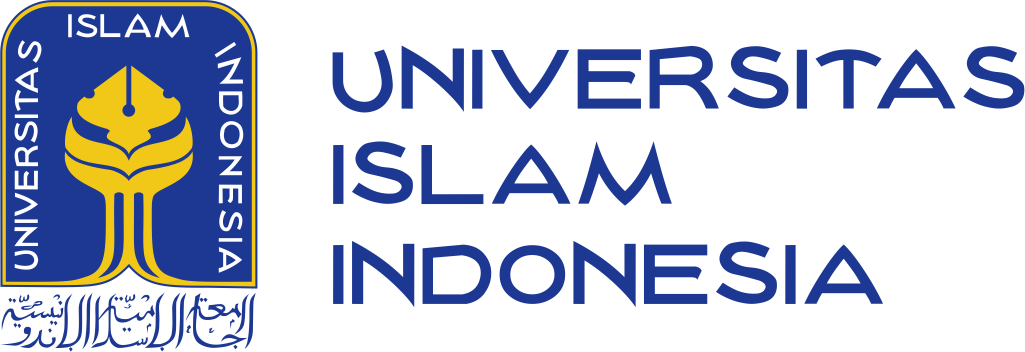Faculty of Industrial Technology, Universitas Islam Indonesia (UII) in collaboration with Faculty of Economics UII under the facilitation of the Directorate of Research and Community Development (DPPM) UII held UIC (UII International Conference) on Wednesday (23/10) at Royal Ambarukmo Hotel Yogyakarta. This conference, which brought up “Industry 4.0” as a theme, is a joint of 3 different conferences.
The first conference, ICET4SD (International Conference on Engineering Technology for Sustainable Development) is a biennial event inviting 4 keynote speakers: Assoc. Prof. Tomohiko Igasaki from Kumamoto University, Jepang, Prof. Pedro Miguel Ferreira Martins Arezes from University of Minho Portugal, Prof. Wisnu Jatmiko from UII, and Prof. Dato’ Dr. Abu Abdullah from Universiti Teknikal Malaysia Melaka.

Meanwhile, the second conference, IBITeC (International Biomedical Instrumentation and Technology Conference), was the first time, held by the Department of Electrical Engineering UII. Three keynote speakers delivered lectures in the conference, they are Prof. Udantha Abeyratne from the University of Queensland, Australia, Assoc. Prof. Tomohiko Igasaki from Kumamoto University, Japan, and Assoc. Prof. Norlaili binti Mat Safri from Universiti Teknologi Malaysia.
Last but not least, the 3rd UII-iCabe (UII International Conference on Accounting, Business and Economics) inviting 4 keynote speakers, Prof. Phil Hancock of the University of Western Australia, Prof. Abdul Ghafar Ismail of Kolej Pengajian Islam Johor, Prof. Hadri Kusuma from UII, and Dr. Halim Alamsyah From Loan Guaranty Agency.
The Director of DPPM UII, Dr.Eng. Hendra Setiawan, S.T., M.T expected that UIC would become a pilot project that turns into an international-scale scientific seminar.
“All the accepted scientific papers will be published in reputable and indexed journals like Scopus, Clarivate Analytics, IEEE and national and international journals in partnership with each international seminars,” he added.
There are at least 200 papers accepted from countries like Japan, Portugal, Srilanka, People’s Republic of China, Iraq, Malaysia, Thailand and Indonesia. These papers are then reviewed objectively by reviewers from several countries. The Acceptance Rate of 3rd ICET4SD and 1st IBITeC are 70 % and 60 % respectively. The accepted and presented papers in ICET4SD will be published in IOP Proceeding Series, and some selected papers will be forwarded to be published in selected journals, JMES (Q2) and JAMT (Q3), while the papers in IBITeC will be published online.
ICABE UII ICABE will select 120 best articles to be published in reputable journals. All publication schemes will be checked at main international index database to ensure appropriate visibility of articles/papers internationally.
Curious Conference Topics

The speaker Norlaili from UTM explained about I-Stress apps that he is developing. I-Stress apps is a device that assists people in detecting CVD (Cardiovascular Disease). CVD is a heart-related and blood-vessels-related disease.
“People who suffers from CVD must be quickly treated in the hospital. This app can detect and recommend us when we have to go to the hospital without waiting for emergency,” he explained.
The way it works is by inputting user’s data such as weight, age, sex, and heart rate, that requires GPS, stopwatch and photoplethysmorgram smartphones to count pulse rate. Afterwards, the output will display whether we are in healthy condition, or the app will recommend us to consult a doctor or to obliged us to see a doctor.
Meanwhile, other speaker Prof. Hadri Kusuma explained the function of IT Governance in assisting corporate leaders in their responsibility especially in ensuring that the goals of IT is in line with their business, added value and can count risk and performances.
On the other side of the conference, Abu Abdullah said that there are a few trends in the manufacturing sector, including automated manufacturing system, computer integrated manufacturing, agile manufacturing, E-Manufacturing, digital manufacturing, Intelligent manufacturing and smart manufacturing. He also pointed out that there are several qualifications and essential capability to acquire in this era.
The most important knowledge is about basic ICT (basic information about technology, the skill to interact with computers and robots), capability to work and process data (the skill to process and analyse data and knowing basic statistics), understanding technicalities (possessing a profound understanding in manufacturing activities and tech-savviness) and the last one is to have good personal skills such as decision making.(DRD/ESP)





















